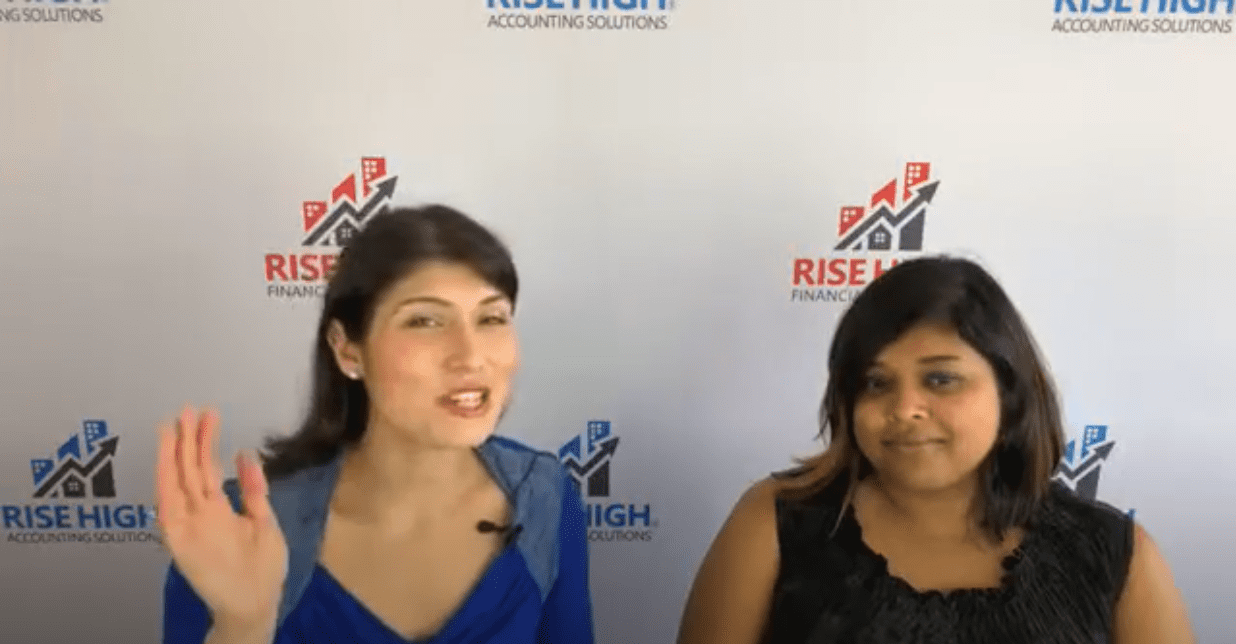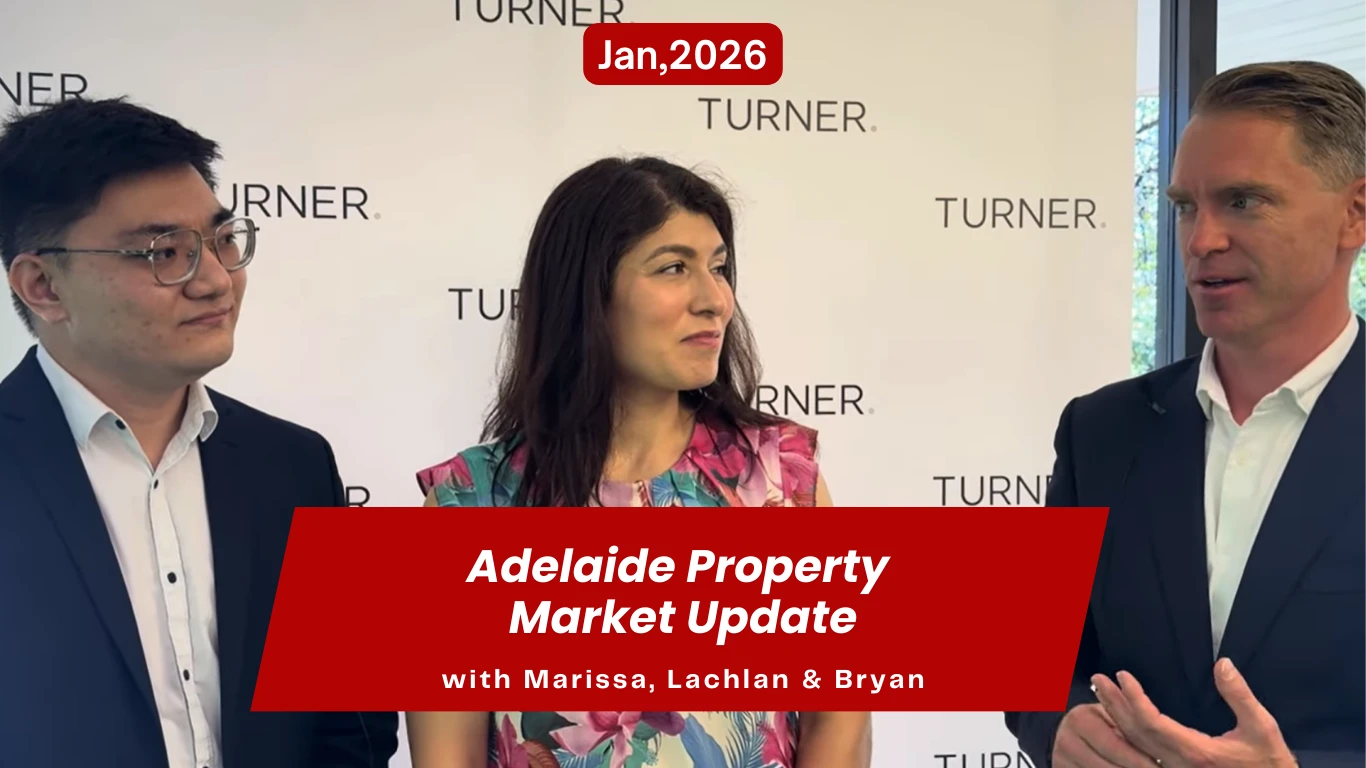There are a lot of reasons you might want to buy off the plan. Some of the most common is to secure a property in a new development or there may be an advantage if the value of the property increases and eventually exceeds the property purchase price when you get to settlement. This sounds like a great deal right! BUT, there are some risks we want you to know before you sign that contract.
First things firsts! Buying property off the plan means that you’re signing a contract for the purchase of the property and paying a deposit upfront, generally about 10% of the purchase price. Then you have about a 12 to 24-month wait until you settle.
1. Unconditional purchase contract
You may not realize it, but you’re actually signing an unconditional purchase contract, even if you have asked for a subject to finance clause that clause is probably only likely to get you through a few months. After that your contract officially becomes unconditional. This means if you can’t proceed with settlement for any reason you have a lot to lose. There are a few circumstances that may affect you when settlement time finally comes around.
Firstly, if your situation changes it can reduce your borrowing capacity. For example, something happens to your job, you have a bad financial year, something happens to your health or something happens with your family situation. There are certain things that are outside of our control that can impact our borrowing capacity negatively. So just because you can borrow the money at the time you sign the contract doesn’t mean you’re going to be able to borrow the money at the time of settlement. If you would like to know what your borrowing power might be use our calculator here!
Secondly, there is always the risk that interest rates will increase over that period of time. That may actually deteriorate your borrowing capacity.
Thirdly, banks lending policy can change at any time. If the bank’s lending policy changes, your ability to borrow the money when you need to borrow it may change as well.
2. Devaluation
When it comes to settlement the bank will want another valuation before they go ahead with your loan. There’s a chance your valuation could go up (yay!), but if the valuation falls below the purchase price, you still need to pay the purchase price! AND the bank will only lend against the value of the valuation rather than the purchase price if the valuation is lower than the purchase price.
3. Unable to settle
If the worst happens and you can’t get your loan anymore, what are the consequences? Firstly, you’ll probably lose your deposit and that can be a lot of money! That’s not where it stops. Your developer will generally have clauses built into their contracts, which means they can actually get the loss from you as well. Let’s say you would like to on-sell, but you can only get $50,000 less than the purchase price. You might be up for the difference between your purchase price and what the new purchaser pays.
So you really need to be careful when you decide to enter off the plan purchase contracts because they are significant risks involved. We really only recommend it for people who are in an exceptionally strong financial position with good cash reserves and good equity in other properties they own.
Leave your details below for our team to get in touch!




